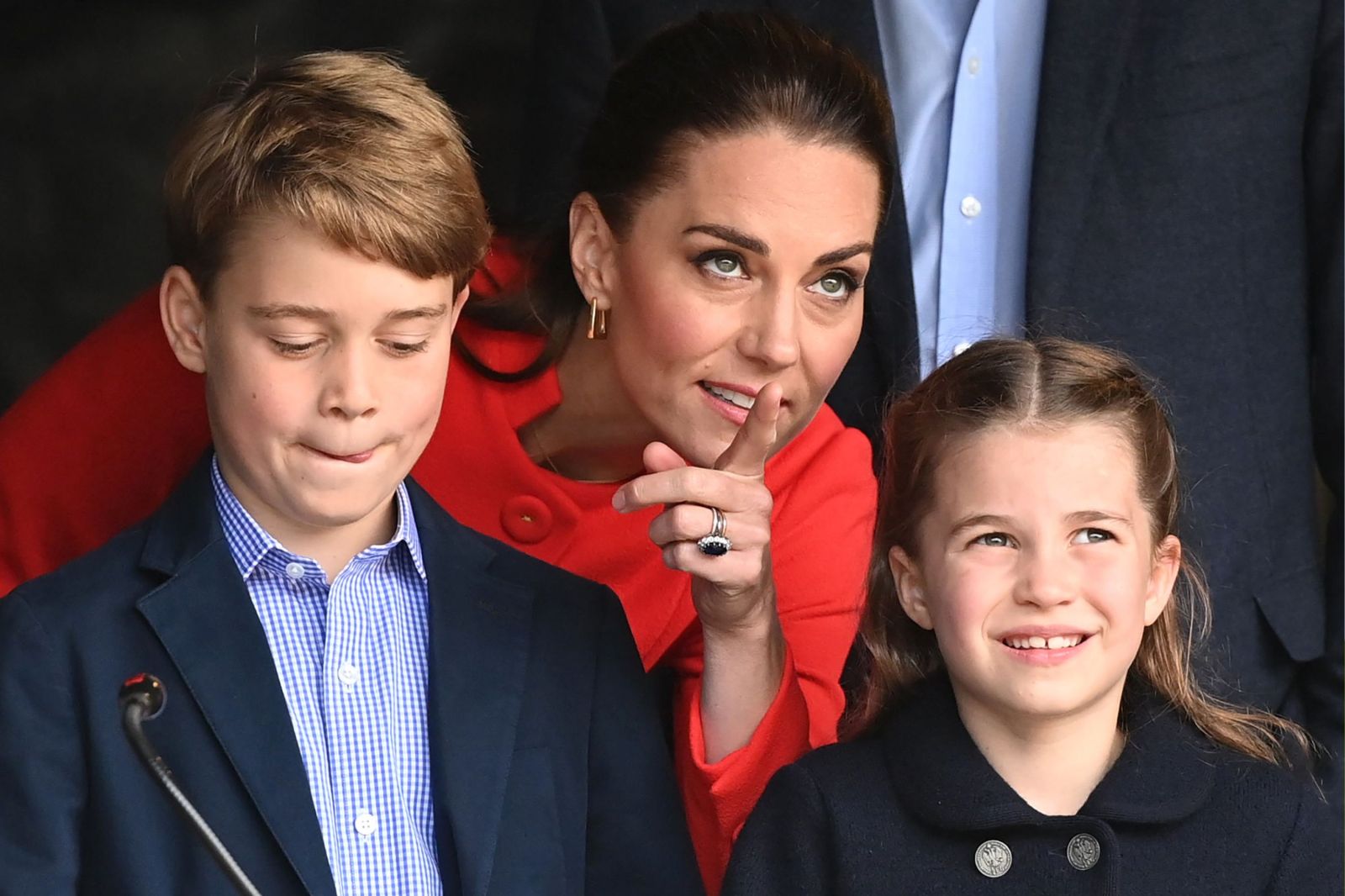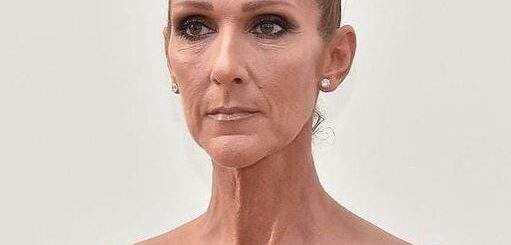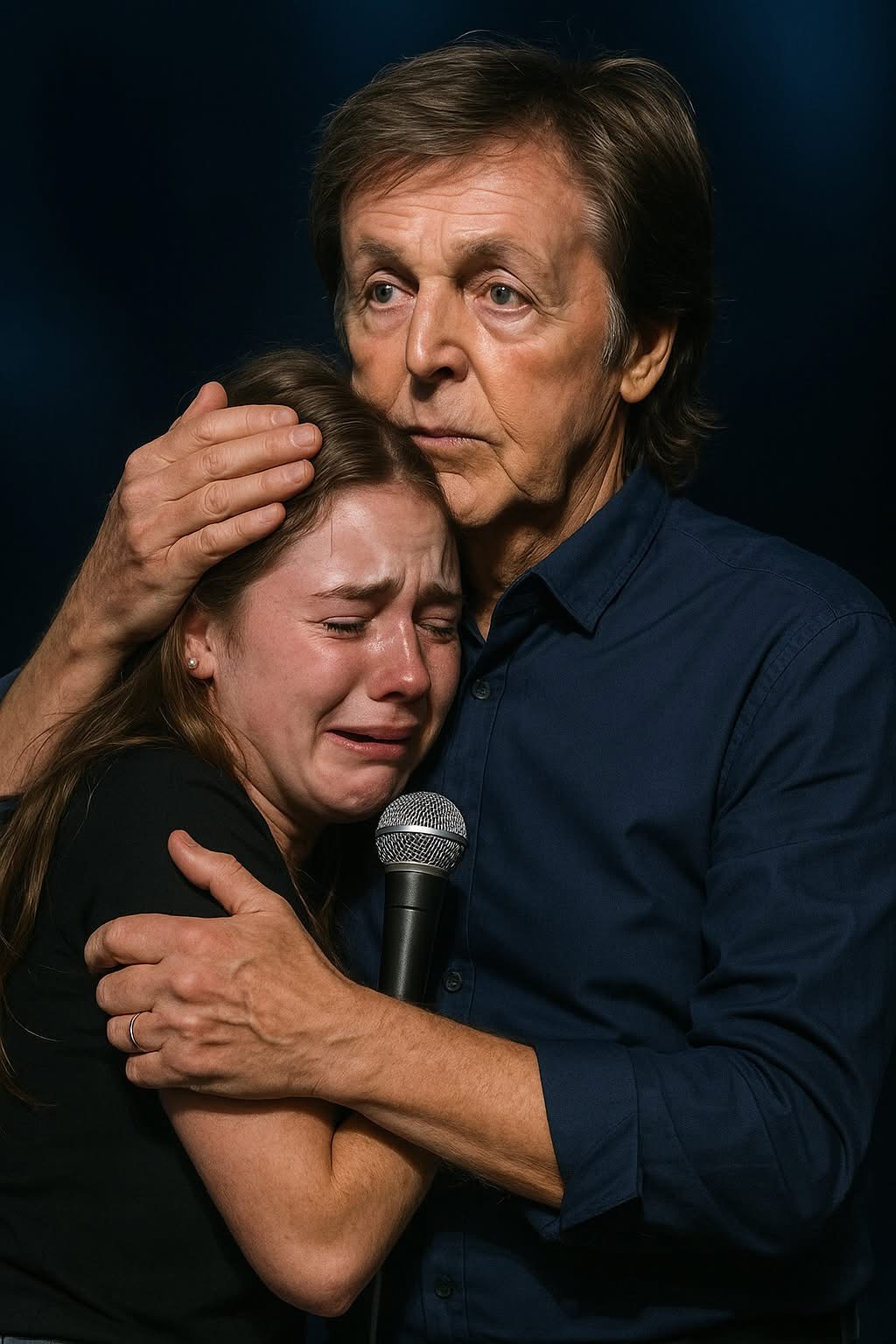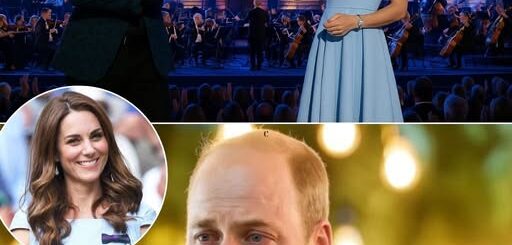THE WORLD SAW A PRINCESS — HE SAW HIS HEART.” ❤️ At Trooping the Colour 2025, Prince William did something no one expected. He turned toward Catherine — radiant, composed, returning to the royal spotlight after months away — and with a voice that trembled just enough to betray emotion, whispered, “You’re the courage behind everything we are. The world sees a princess… but I see the woman who held our family together.” For a heartbeat, the ceremony stopped. The guards, the cameras, the cheering crowds seemed to fade as Catherine blinked back tears, her hand brushing his ever so lightly. And in that quiet balcony moment, titles vanished — leaving only a husband, a wife, and a love the whole world felt. 👉 But what happened just moments before this whisper — when the two first locked eyes — is what has royal watchers talking the most…
The Unscripted Moment: The Day Prince William Traded Crown for Confession at Trooping the Colour
London, June 2025—Trooping the Colour, the annual spectacle celebrating the Sovereign’s official birthday, is arguably the most rigid, meticulously choreographed event on the royal calendar. It is a parade of duty, precision, and centuries of tradition, where every movement, every salute, and every gaze is performed exactly as rehearsed. But this year, amid the thunder of cannon fire and the crisp snap of flags, the future King of England paused, and in that silence, performed the most revolutionary act of all: he spoke from the heart.
The event held particular significance this year. For months, the public had keenly awaited the sight of Catherine, Princess of Wales, who had faced a prolonged period of recovery and absence from major public life. Her return to the balcony of Buckingham Palace—a symbol of enduring resilience and quiet strength—was intended to be the crowning visual moment of the day. Yet, no one, perhaps not even the Princess herself, was prepared for the powerful, unscripted acknowledgment that was about to unfold.
The Pause that Shook the Ceremony
Prince William, the Prince of Wales and Colonel of the Welsh Guards, had just completed his part of the ceremony, having ridden alongside the monarch. He dismounted and joined his family on the palace balcony, standing shoulder-to-shoulder with Catherine, their three children, and the King and Queen. The crowd was a dense, roaring sea of well-wishers, the air thick with relief and celebration.
As the flypast began—the moment traditionally reserved for pointing out planes and waving—William did the unexpected. He subtly turned away from the crowd, gently placing his hand on Catherine’s elbow. The jet engines roared overhead, but in that small, focused space on the balcony, time seemed to slow.
He lowered his head, his voice shaky, but projected clearly enough to be picked up by nearby microphones and carried across the quiet hum of the broadcast feed. The world, awaiting a princess, was about to witness a husband speaking to his wife.
“She’s the quiet strength behind our family,” he began, his voice laced with the strain of suppressed emotion.
The atmosphere instantaneously changed. The collective, practiced discipline of the moment dissolved. Guardsmen, standing perfectly motionless below, seemed to pause the very breath in their chests. The massive crowd on the Mall fell into a profound, unified silence, straining to hear the intimacy unfolding before them. This was no royal statement; it was a confession of dependency.

The Unfiltered Declaration
William continued, his eyes fixed only on his wife. His words offered a rare window into the private struggles and triumphs that underpin their very public life, giving context to the difficulties they had collectively faced in the preceding months.
“The world sees a princess,” he said, his gaze conveying both immense pride and deep vulnerability. “I see the woman who’s carried me through my darkest hours.”
This single sentence instantly contextualized their entire shared journey. It was a raw, powerful admission of the profound support she provides, particularly during periods of intense personal and institutional pressure. It acknowledged that even the future King is human, reliant on the unconditional love and fortitude of his partner.
Catherine, famously composed and stoic under the weight of the royal spotlight, visibly struggled to maintain her composure. Her usually immaculate smile wavered, and she blinked rapidly, fighting back tears. It was a moment of mutual recognition: William was exposing his heart, and Catherine was receiving the highest, most public form of validation possible.
He finished with an affirmation of their home life, the essential core that gives meaning to their duty: “You never asked for this life, but you’ve lived it with grace. You are the soul of our home.”
With that, the silence broke, not with a roar of cheering, but with a sound more powerful: a wave of deeply moved gasps and murmured appreciation. The flypast continued, but the focus had irrevocably shifted. Royalty didn’t matter; the crown was secondary. Love, once again, had stolen the show.

The Power of Authenticity in a Modern Monarchy
The significance of William’s declaration cannot be overstated. It was a calculated breach of the long-standing “stiff upper lip” tradition, an unspoken rule that dictates personal emotion must never interfere with the execution of duty. For a senior royal, especially an heir, to use the platform of a major state occasion for such a personal tribute is truly groundbreaking.
This act was a culmination of the lessons William and Catherine have built their partnership upon: transparency, accessibility, and the prioritizing of mental and emotional health. They are acutely aware that the modern monarchy survives not on inherited privilege, but on earned affection and relatable humanity.
The moment served two critical purposes:
- Validation of Resilience: It publicly validated Catherine’s strength and the difficult journey she and the family had navigated during her recent absence, transforming her return from a simple duty call into a triumphant return home.
- Redefining Leadership: It presented William as a new kind of leader—one whose strength is derived from his willingness to be vulnerable and to openly celebrate his dependence on his equal partner. He demonstrated that acknowledging love and dependency is not weakness, but the truest form of contemporary emotional leadership.
The Soul of the Home, The Strength of the Crown
Catherine’s role as the ‘soul of their home’ extends far beyond the palace gates. She has long been recognized as the anchor of stability for their three children, creating a deliberate bubble of normalcy within the extraordinary life they lead. William’s words reaffirmed that the stability the public admires in the House of Wales is rooted in her quiet, steadfast character.
In the ensuing days, the commentary was universal. It was not the precision of the Guards or the roar of the jets that defined Trooping the Colour 2025, but the intimate, tear-inducing exchange on the balcony. It was a moment that transcended the velvet ropes of royalty and spoke directly to every couple, every parent, and every human being who understands the value of a partner during life’s inevitable dark hours.
By making his private debt public, Prince William ensured that the legacy of their partnership would be forever etched into the annals of royal history, not by their titles or their palaces, but by the strength of their bond. They demonstrated that the truest form of royalty is the unwavering loyalty two people share.
The unscripted declaration at Trooping the Colour will likely stand as one of the most significant public moments of the new reign. It was a powerful, humanizing lesson that when the formalities fade and the uniforms come off, what remains is the simple, unshakable power of love.
What do you think is the most impactful phrase from William’s speech—”quiet strength” or “soul of our home”—and why?


